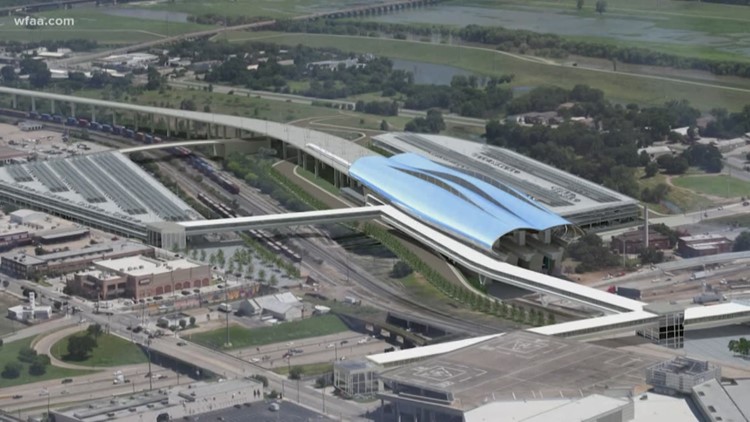Texas Central, the company developing a high-speed rail project between Dallas and Houston, won a key legal decision Thursday which could set up a showdown in the Texas Supreme Court.
The Thirteenth Court of Appeals said Texas Central and its subsidiary Integrated Texas Logistics are legally railroads in the state of Texas, reversing a previous decision by the 87th District Court of Leon County.
"Having found that appellants are both railroad companies and interurban electric railways, we conclude that the trial court erred by granting Miles's motion for summary judgment and denying appellants' motion for partial summary judgment," Justice Nora Longoria wrote in an opinion.
Texas Central attaining the designation of a railroad is vital for the project to become a reality, as railroads have the right of eminent domain in the state of Texas. With the power of an eminent domain, the company can condemn the land of any landowners who opt not to voluntarily sell to the company. So far, Texas Central has options to purchase about a third of the parcels it needs to build the track between Dallas and Houston.
"This decision confirms our status as an operating railroad and allows us to continue moving forward with our permitting process and all of our other design, engineering and land acquisition efforts," said Texas Central CEO Carlos Aguilar in a prepared statement.
The landowners in the case, Jim and Barbara Miles of Leon County, intend to appeal the decision to the Texas Supreme Court, said Blake Beckham, the lead attorney and special litigation counsel for Texans Against High-Speed Rail, the project's main opposition group. His firm, The Beckham Group, also represents Jim and Barbara Miles.
"We think this ruling is erroneous," Beckham said. "We think it is not in the best interest of the landowners in Texas."
If the Texas Supreme Court decides to hear the case, it would set up a showdown to determine whether or not Texas Central is legally a railroad company and therefore has the power of eminent domain.
One of the main arguments in the court case is the existential question of when a railroad becomes a railroad.
Project opponents argue a company shouldn't be allowed to declare itself a railroad and then immediately start condemning land that belongs to private citizens. The company counters that if District Court's interpretation of the law were true, no new railroads could ever be formed in Texas.
This legal question is one of many Texas Central must answer for the project to become a reality.
To read more about the hurdles it must overcome, see this story.



